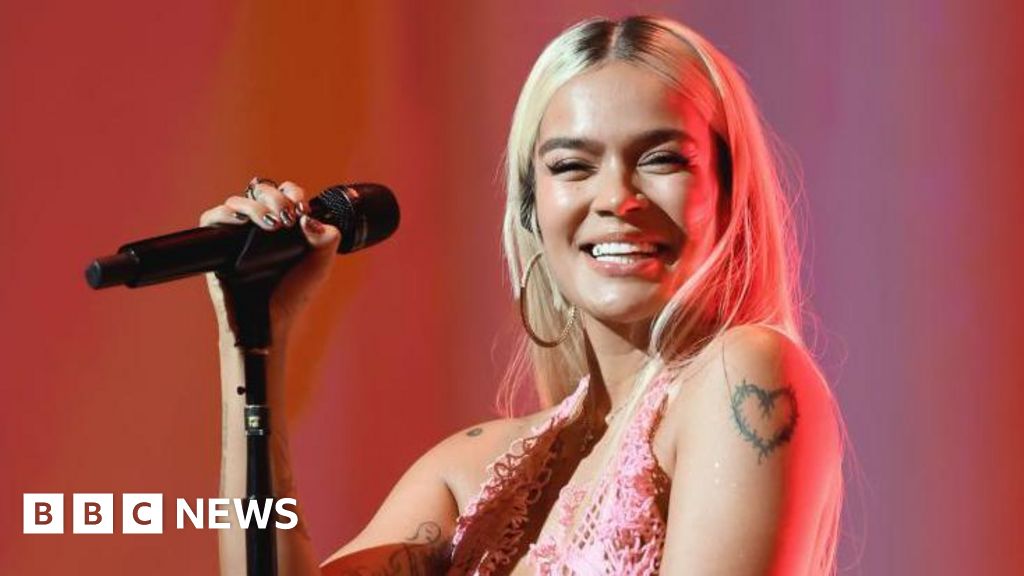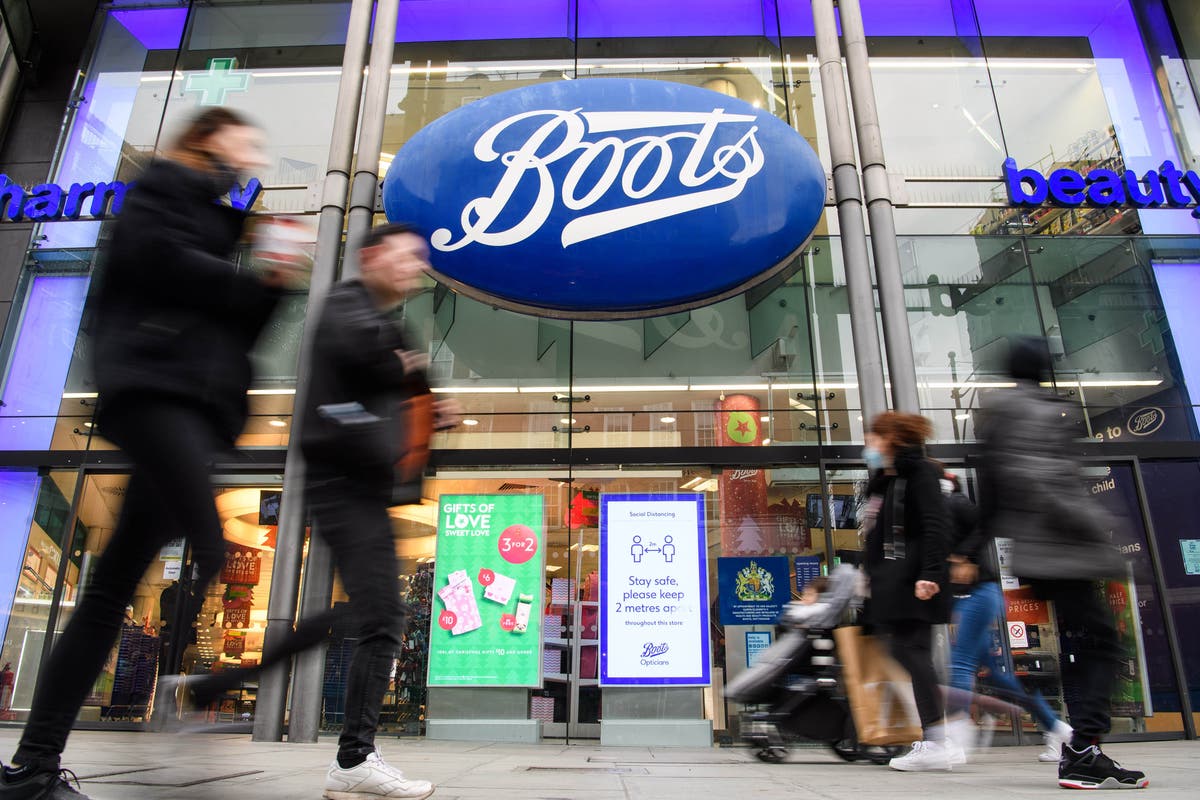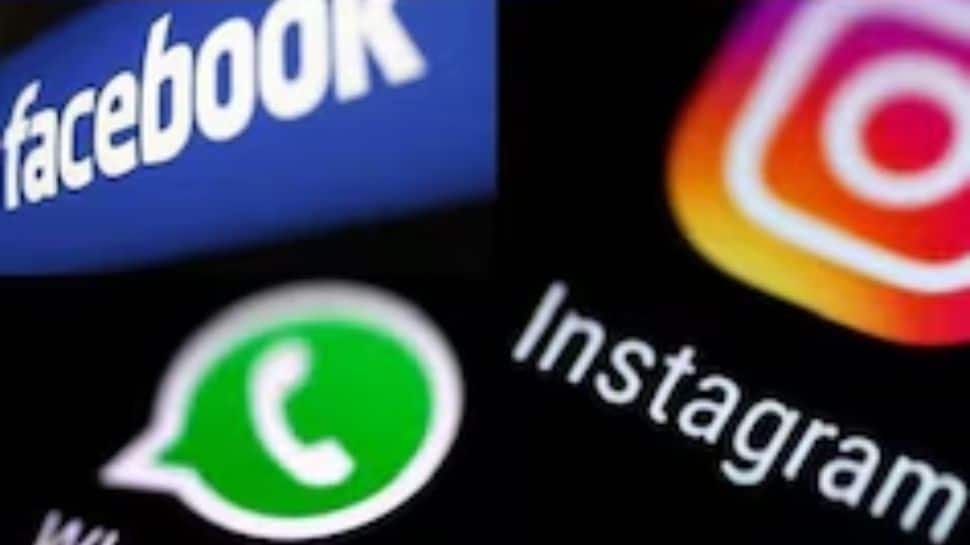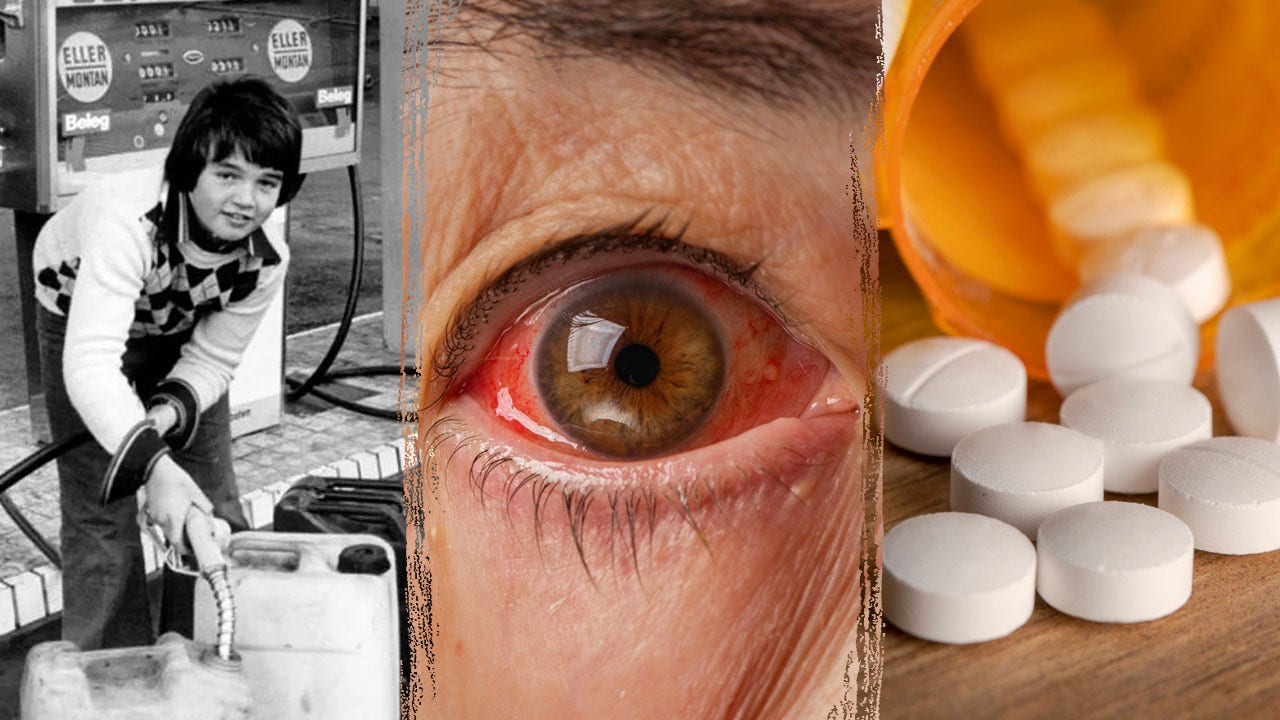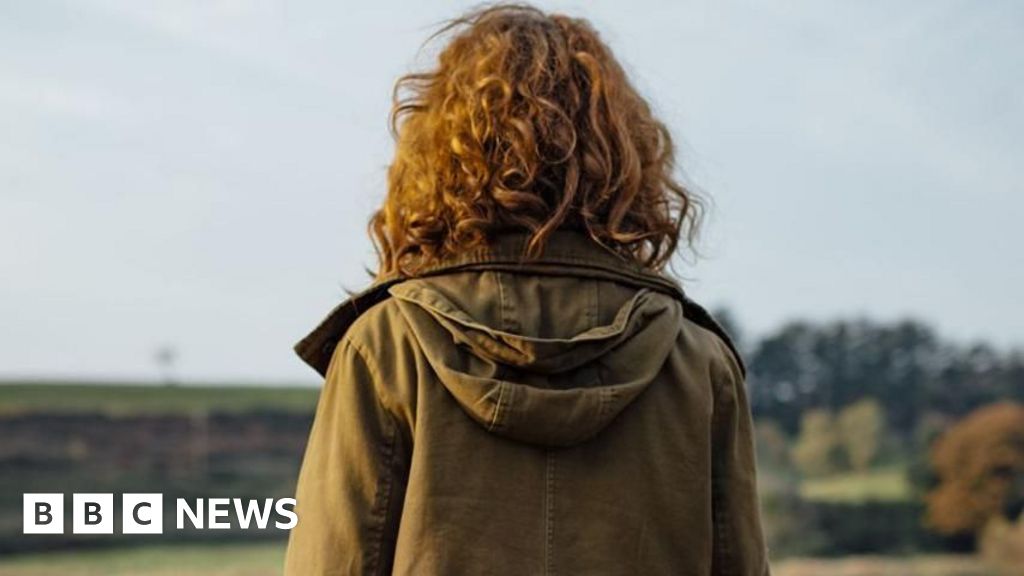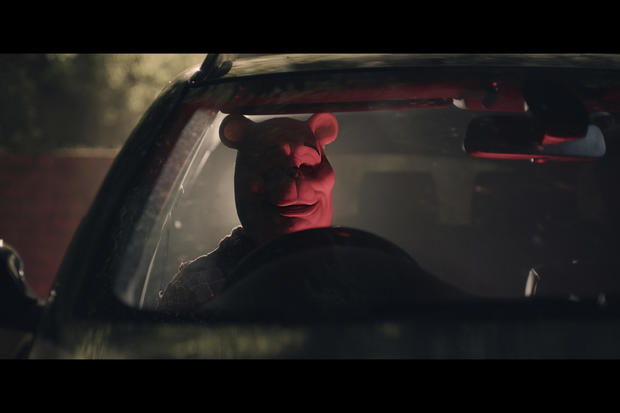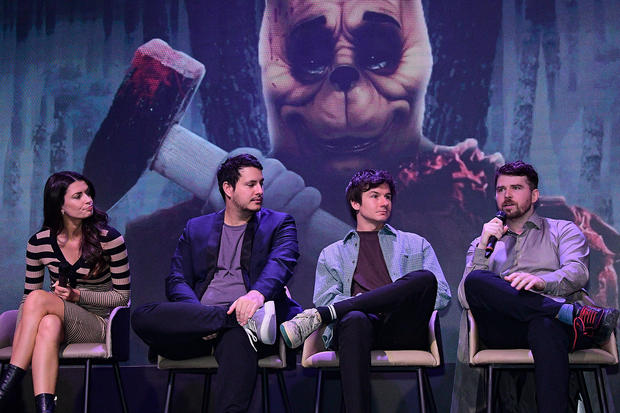Public screenings of a slasher film that features Winnie the Pooh were scrapped abruptly in Hong Kong on Tuesday, sparking discussions over increasing censorship in the city.
Film distributor VII Pillars Entertainment announced on Facebook that the release of “Winnie the Pooh: Blood and Honey” on Thursday had been canceled with “great regret” in Hong Kong and neighboring Macao.
In an email reply to The Associated Press, the distributor said it was notified by cinemas that they could not show the film as scheduled, but it didn’t know why. The cinema chains involved did not immediately reply to a request for comment.
ITN Studios/Jagged Edge Productions via AP
For many residents, the Winnie the Pooh character is a playful taunt of China’s President Xi Jinping and Chinese censors in the past had briefly banned social media searches for the bear in the country. In 2018, the film “Christopher Robin,” also featuring Winnie the Pooh, was reportedly denied a release in China.
In 2017, the Chinese name for Winnie the Pooh (Little Bear Winnie) was blocked on Chinese social media sites because bloggers had been comparing the plump bear to Xi, the BBC reported. Animated GIFs of the character were deleted from the app WeChat, and those who comment on the site Weibo with “Little Bear Winnie” get an error message.
The film being pulled in Hong Kong has prompted concern on social media over the territory’s shrinking freedoms.
The movie was initially set to be shown in about 30 cinemas in Hong Kong, VII Pillars Entertainment wrote last week.
The Office for Film, Newspaper and Article Administration said it had approved the film and arrangements by local cinemas to screen approved films “are the commercial decisions of the cinemas concerned.” It refused to comment on such arrangements.
A screening initially scheduled for Tuesday night in one cinema was canceled due to “technical reasons,” the organizer said on Instagram.
Kenny Ng, a professor at Hong Kong Baptist University’s academy of film, refused to speculate on the reason behind the cancellation, but suggested the mechanism of silencing criticism appeared to be resorting to commercial decisions.
Hong Kong is a former British colony that returned to China’s rule in 1997, promising to retain its Western-style freedoms. But China imposed a national security law following massive pro-democracy protests in 2019, silencing or jailing many dissidents.
In 2021, the government tightened guidelines and authorized censors to ban films believed to have breached the sweeping law.
Ng said the city saw more cases of censorship over the last two years, mostly targeting non-commercial movies, such as independent short films.
“When there is a red line, then there are more taboos,” he said.
In an interview with Variety, director Rhys Frake-Waterfield said his focus was on finding the right balance between horror and comedy.
“When you try and do a film like this, and it’s a really wacky concept, it’s very easy to go down a route where nothing is scary and it’s just really ridiculous and really, like, stupid. And we wanted to go between the two,” he told Variety.
Medios y Media/Getty Images






